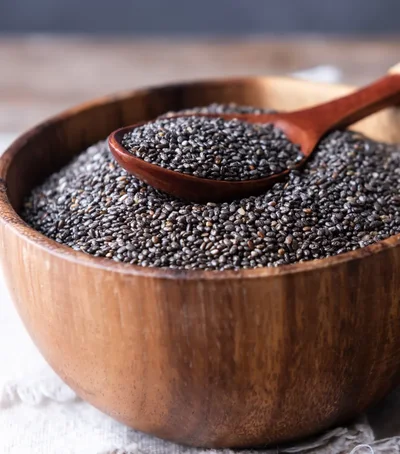
Coffee is one of the most beloved products for man. It manages to quench the drowsiness in each of us and provide an immediate energy.
Moreover, coffee, like the one with caffeine or even the one without caffeine, is an excellent source of antioxidants.
Decaffeinated coffee does not contain caffeine, while regular coffee does not contain caffeine.
How they are divided
Coffee is an alkaloid substance extracted from coffee beans and tea leaves. It is considered a stimulant that has an impact on the central nervous system such as the brain.
The effects of caffeine are manifold starting with mental vitality making the person more alert, active and focused.
On the other hand, coffee has a diuretic effect, which means that it helps flush fluids out of the body.
Caffeinated coffee does not undergo a very sophisticated production process as with decaffeinated coffee. The latter undergoes a process called "decaffeination" which basically involves the removal of caffeine.
Throughout this process, several ingredients such as benzene, dichloromethane or chloroform have been used. But for safety reasons and side effects, coffee makers chose a safe method of removing caffeine.
This method is otherwise known as filtering.
The coffee beans are immersed in water, then the water containing the caffeine along with the other substances released by the beans is filtered through the use of charcoal.
The filtered water is returned to the coffee beans which are then dried taking together the aroma concentrated in the water.
Caffeine extracted during filtration is sold to manufacturers of carbonated liquids.
Caffeinated coffee has a superior taste and aroma compared to decaffeinated coffee.
It is believed that the side effects of coffee, such as nervousness and rapid heartbeat, are not completely avoided even if you drink decaffeinated coffee.
/ AW /





